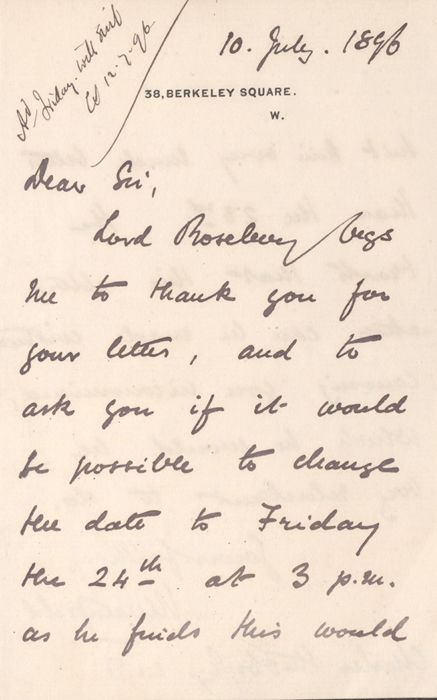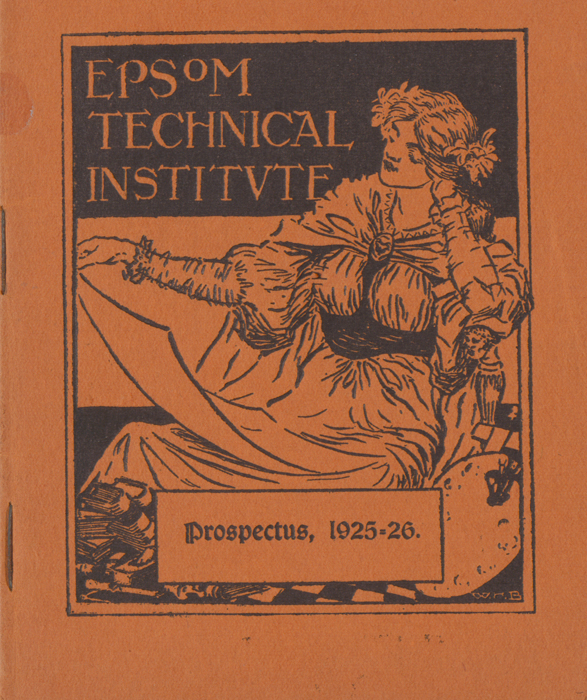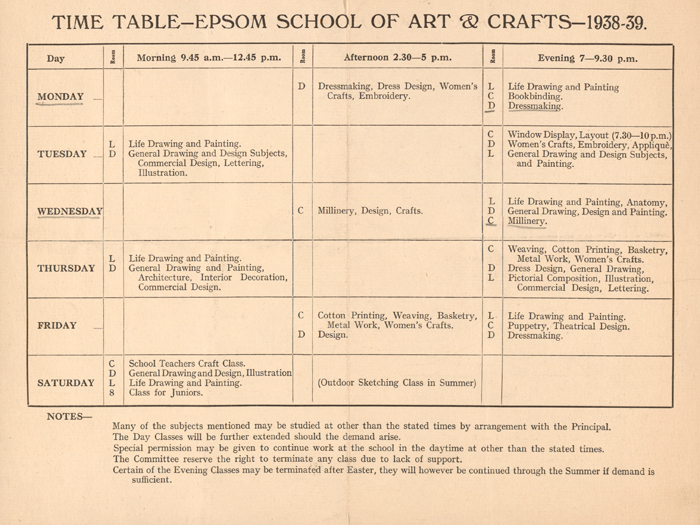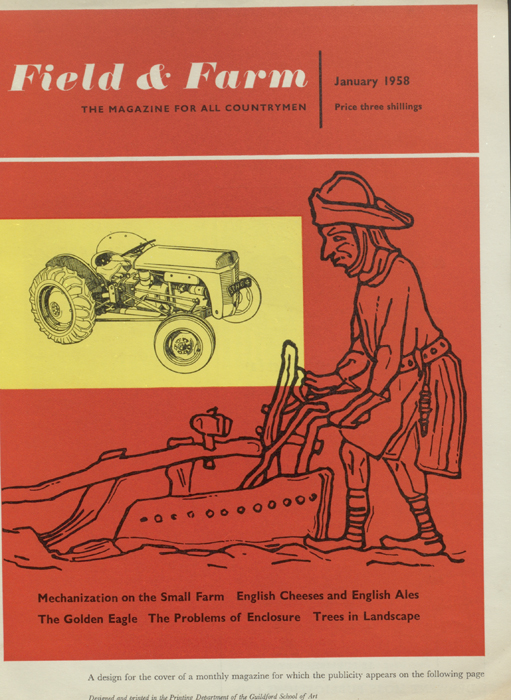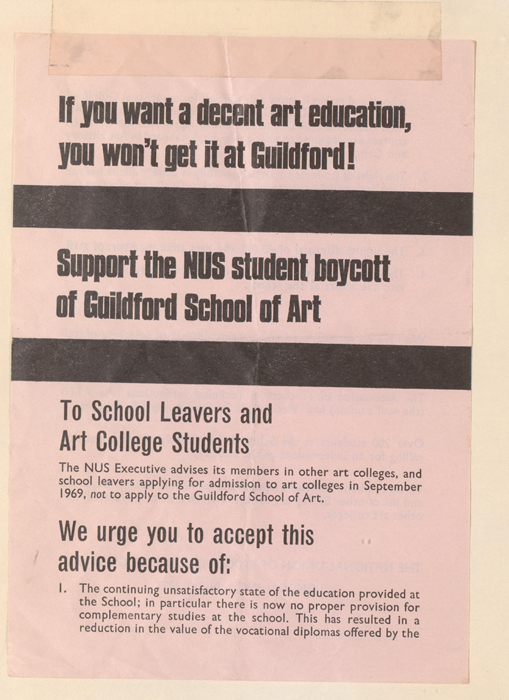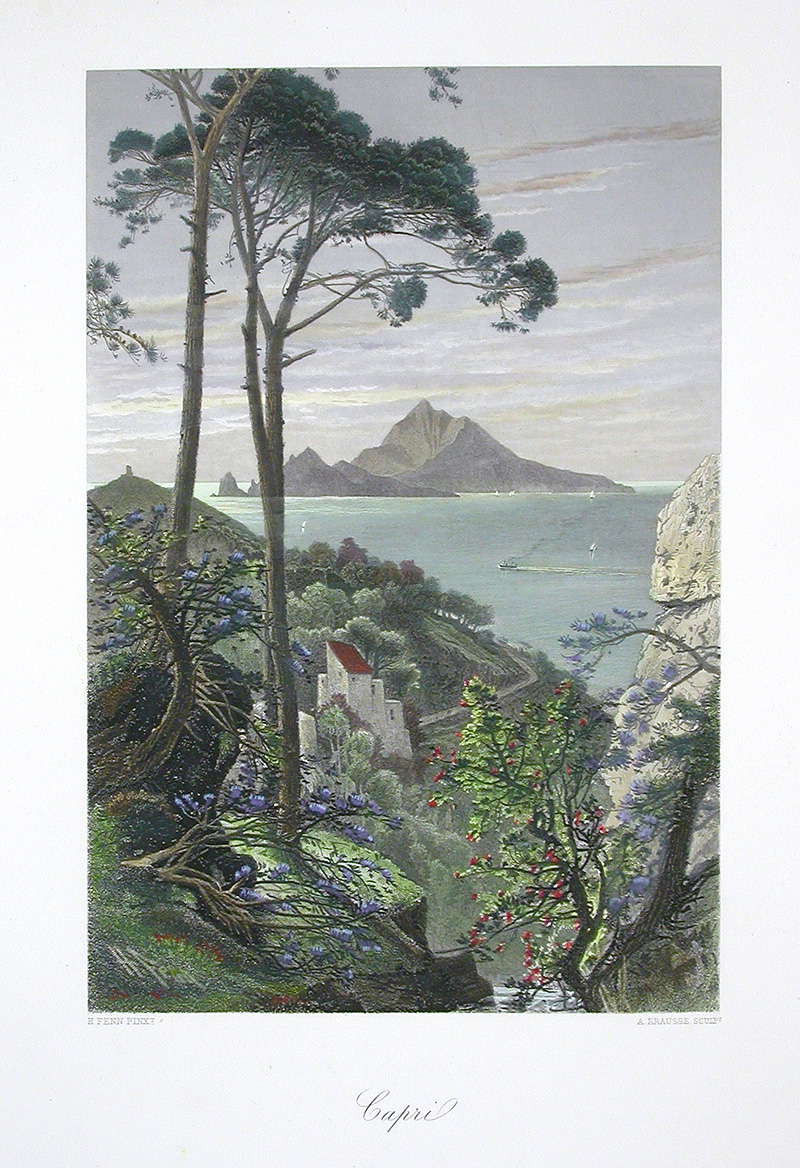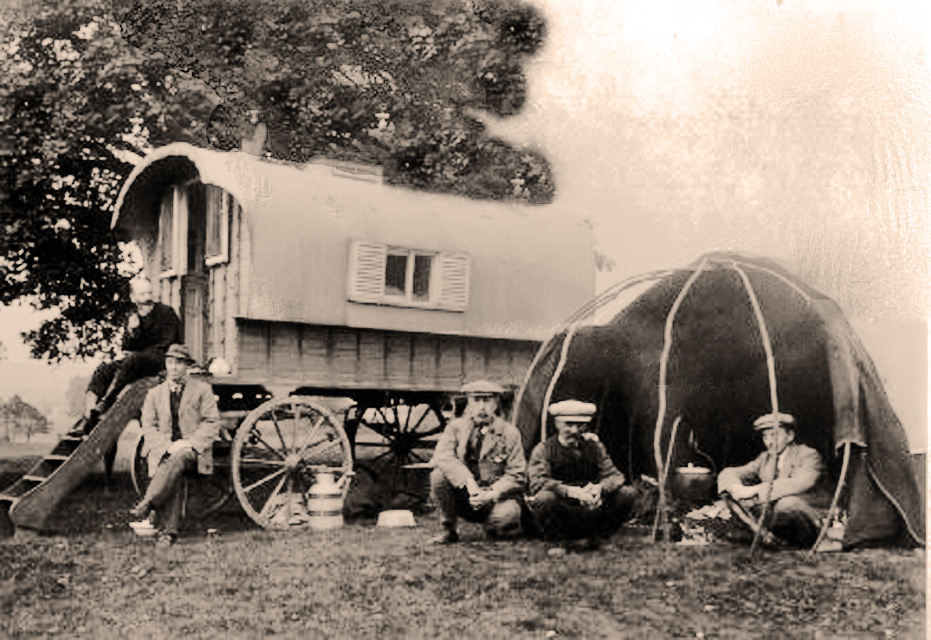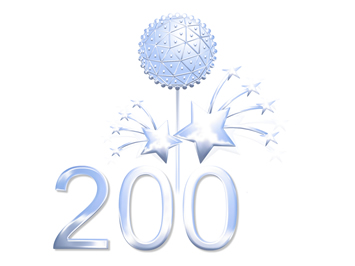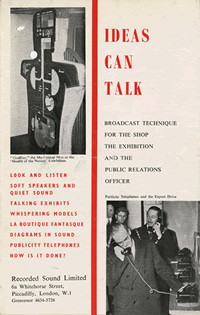Archives Hub Feature for February 2014

The Archives Hub contains a host of romantic material linked with St Valentine’s Day, including love letters, cards and poetry. This feature picks out some of these, together with less directly connected descriptions!
Hearts and Flowers
Collections
Photographs of the film The Captive Heart, starring Michael Redgrave and Rachel Kempson, 1946.
http://archiveshub.ac.uk/data/gb71-thm/31/thm/31/2/1/8/1-20
Songs from the Heart, 1889 (Yiddish).
http://archiveshub.ac.uk/data/gb152-mss.240w/mss.240w/4/6/15
Records of the Health & Refugee Trust of South Africa (HEART), registered charity, Great Britain. 1984-1995.
http://archiveshub.ac.uk/data/gb1847-ghjarc/he
Declaration of Captain William Higgins regarding the Rose, 1741.
http://archiveshub.ac.uk/data/gb96-ms624
Records of the Princess Margaret Rose Orthopaedic Hospital,
1926-1990s. http://archiveshub.ac.uk/data/gb239-lhb30
Girls with Eastern Rose Tea Packets. Photo, 1940s.
http://archiveshub.ac.uk/data/gb1499-cup/cup/1/112/20
Champagne and Chocolates
Collections
File for champagne reception at the Mansion House, 25 April 1978.
Contemporary Dance Trust Archive.
http://archiveshub.ac.uk/data/gb71-thm/22/thm/22/5/7/6
Script for Winkles and Champagne by Terry Newman and William Rowbotham, 1946.
http://archiveshub.ac.uk/data/gb71-thm/9/thm/9/7/164

http://archiveshub.jisc.ac.uk/data/gb248-md
The Cadbury Papers, 1884-1970.
http://archiveshub.ac.uk/data/gb150-cadbury
Certificates for Cocoa, Chocolate and Sugar Confectionary Manufacture, 1960 and 1962. Two City & Guilds of London Institute certificates presented to Hubert Walter Graham.
http://archiveshub.ac.uk/data/gb2110-lsbu/lsbu/3/14/1
Photographs of groups of students, known as the “chocolate soldiers”, 1915.
http://archiveshub.ac.uk/data/gb0812-hb6/hb6/4/3
Cards and Poetry
Collections
Valentine card designed by Cecil Collins for his wife Elisabeth Collins. Christmas, Birthday and Valentine cards from Cecil Collins to Elisabeth Collins, c.1930s-1980s.
http://archiveshub.ac.uk/data/gb70-tga200015?page=1#id1563309
Handrawn Valentine’s card sent to Pontecorvo from his students at the University of Glasgow, 14 February 1950. Included in the papers of Guido Pellegrino Arrigo Pontecorvo (1907-1999: geneticist and Professor of Genetics, University of Glasgow).
http://archiveshub.ac.uk/data/gb0248-ugc198-9?page=1#gb-0248-ugc-198-9-1-3
Valentine rhymes. Included in manuscripts belonging to Ty’n y Braich in Dinas Mawddwy, Merioneth. 18th Century.
http://archiveshub.ac.uk/data/gb222-bmsstyb
Valentine poem by Alice Williams to the Queen Mother, 1955.
http://archiveshub.ac.uk/data/gb106-7ahw?page=2
Doves and Cupid
Collections
Records for the Dove Brothers Ltd, builders, 1850-1970.
http://archiveshub.ac.uk/data/gb1032-s/dov
Sketch of Cupid with poem (c.1811-1863). Attributed to W M Thackeray, the Victorian novelist. http://archiveshub.ac.uk/data/gb982-gp/gp/3/17
Letters from John Hadfield, The Cupid Press to John Piper, 1954-1984. Specimen page for ‘Elizabethan Love Songs’ enclosed.
http://archiveshub.ac.uk/data/gb70-tga200410/tga200410/1/1/982
Diamonds and Pearls
Collections
Papers and correspondence of Robert William Ditchburn, 1903-1987. Chair of Physics at Reading University, Ditchburn was instrumental in forming the De Beers-supported international Diamond Research Committee which he chaired from its inception in 1956 until 1982.
http://archiveshub.ac.uk/data/gb006-ms4621:ditchburn
Menu for Queen Victoria’s Diamond Jubilee Celebration Banquet at Beverley Assembly Rooms, 30 Jun 1897.
http://archiveshub.ac.uk/data/gb050-uddmm/uddmm/x1/2/64
Receipt for a pearl necklace (1920-1970). Lady Violet Deramore Collection.
http://archiveshub.ac.uk/data/gb0193-vder?page=3#id752980
Macdonald Critchley: Collections on Cora Pearl and Napoleon III, 20th Century.
http://archiveshub.ac.uk/data/gb012-ms.add.8569
Records for National Union of Insurance Workers, Pearl Section, 1926-1972. http://archiveshub.ac.uk/data/gb152-mss.79/pa
Love and Romance
Collections
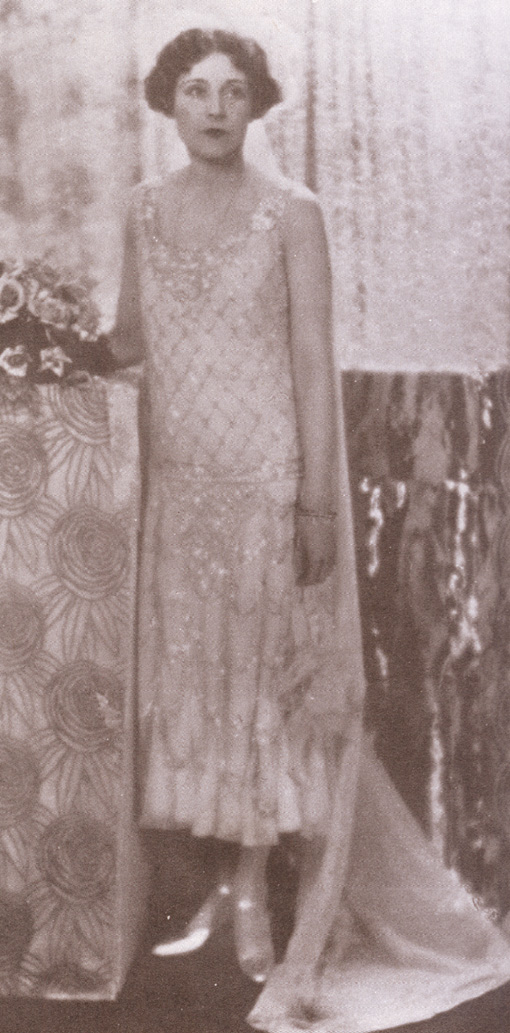
© Image is in the public domain: Barbara Cartland, 1925
Papers of Barbara Cartland, 1993-1998.
http://archiveshub.ac.uk/data/gb106-7bca
‘The Romance of a Plain Princess’, a children’s book, c 1973.
http://archiveshub.ac.uk/data/gb1840-umw/umw/01/02/06
Will you be my Valentine? Drawing
[undated]. Papers of André Charlot Archive. The drawing includes the name “Joan Charlot”, Charlot’s daughter.
http://archiveshub.ac.uk/data/gb71-thm/336
Also, on a lighter note:
Ronnie Barker Collection: Valentine’s Day sketch by Gerald Wiley, hand-written script and set plan, 1966-1987.
http://archiveshub.ac.uk/data/gb71-thm/407/thm/407/3/1/1/162
Other Valentines
Collections
Valentine Gross Archive (a.k.a. Valentine Hugo, 1887 – 1968).
http://archiveshub.ac.uk/data/gb71-thm/165
Correspondence of Valentine Lawless, 2nd Baron Cloncurry, 1822-1848. Robert Owen Collection. http://archiveshub.ac.uk/data/gb1499-roc?page=76#id1986019
Records of Dr James Valentine – Clinical Clerk, 1930-1939. Gartnavel Royal Hospital, Glasgow. http://archiveshub.ac.uk/data/gb812-hb13/hb13/20/222
Valentines of Dundee Ltd, 1896-1975.
Established in 1851, the firm began as early exponents of photography, became pioneers in the postcard industry and later developed the production of greetings cards, novelties, calendars and illustrated children’s books.
http://archiveshub.ac.uk/data/gb227-ms38562

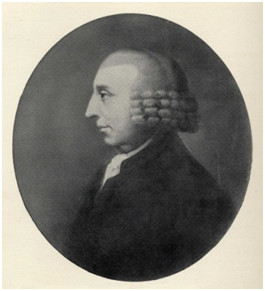
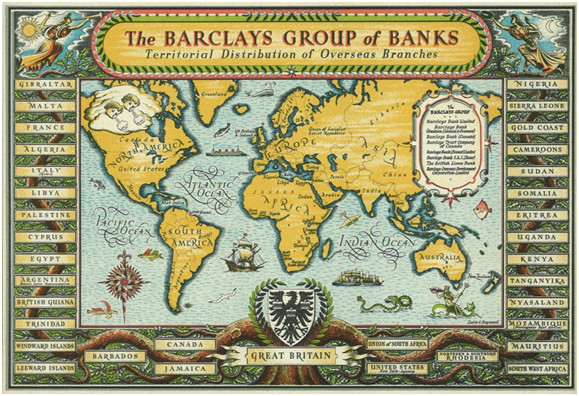
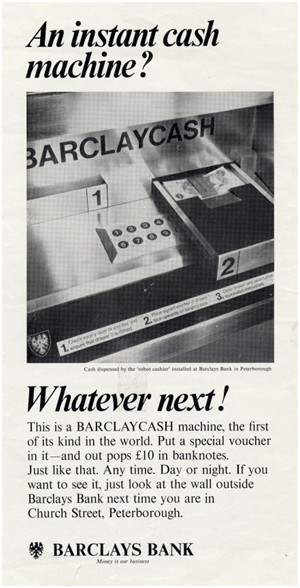
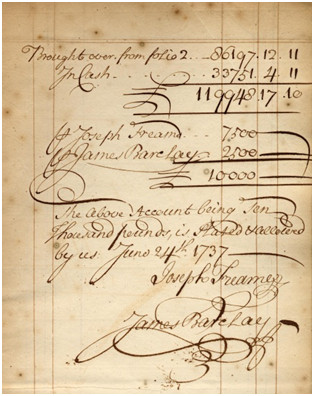
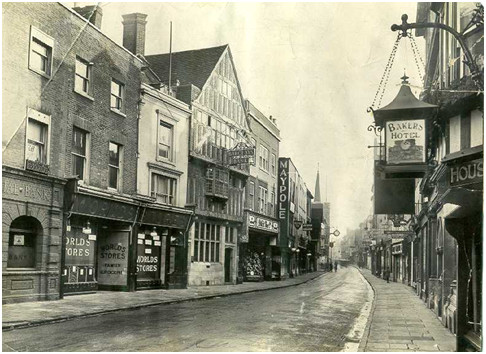
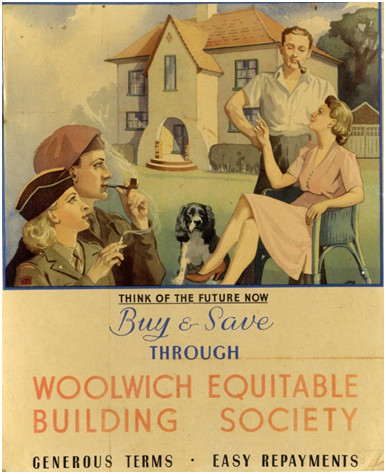

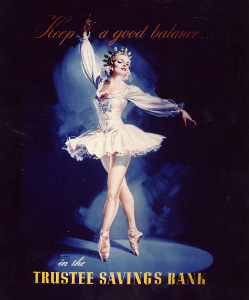
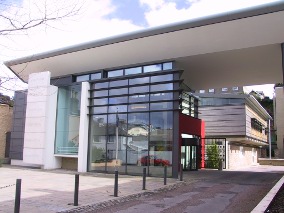

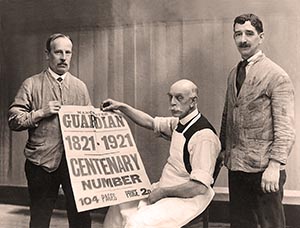
![Guildford School of Art, undated [1970s]](http://blog.mimas.ac.uk/archiveshub/wp-content/uploads/sites/8/2013/08/Guildford-School-of-Art-undated-1970s.jpg)
